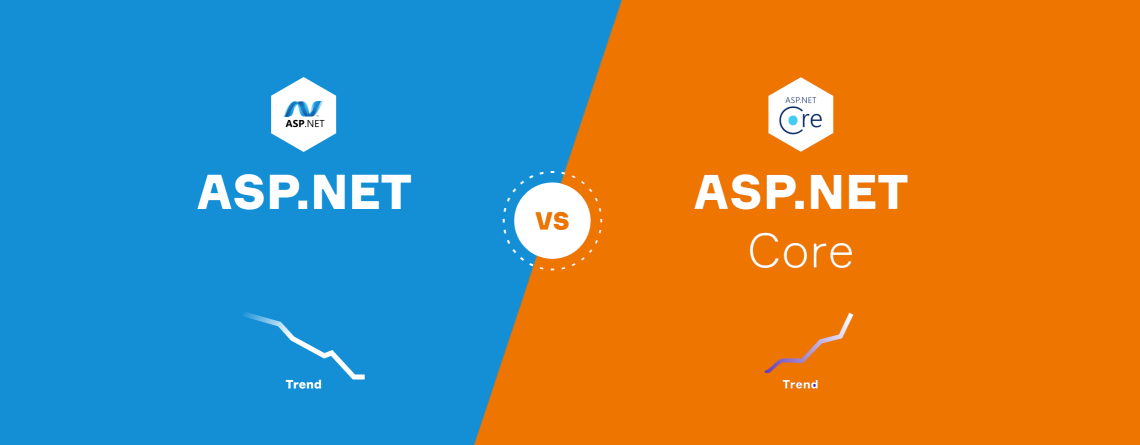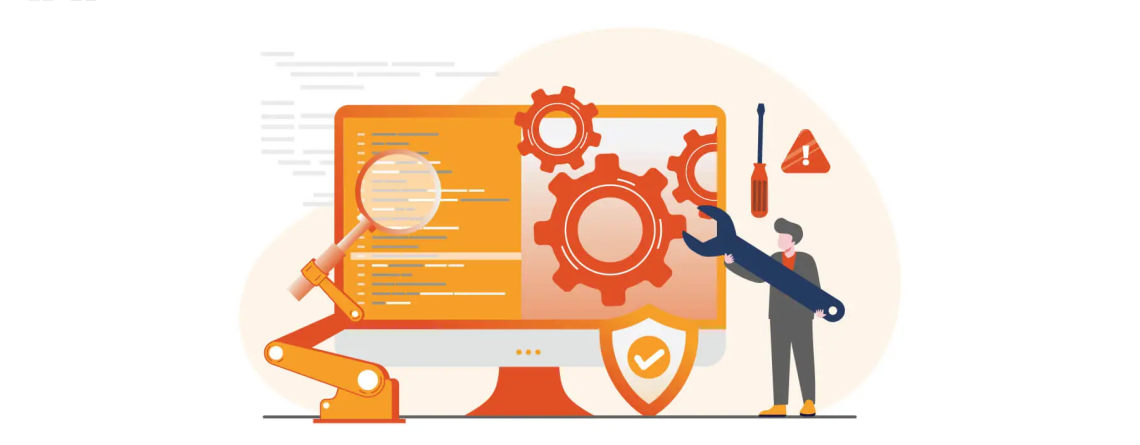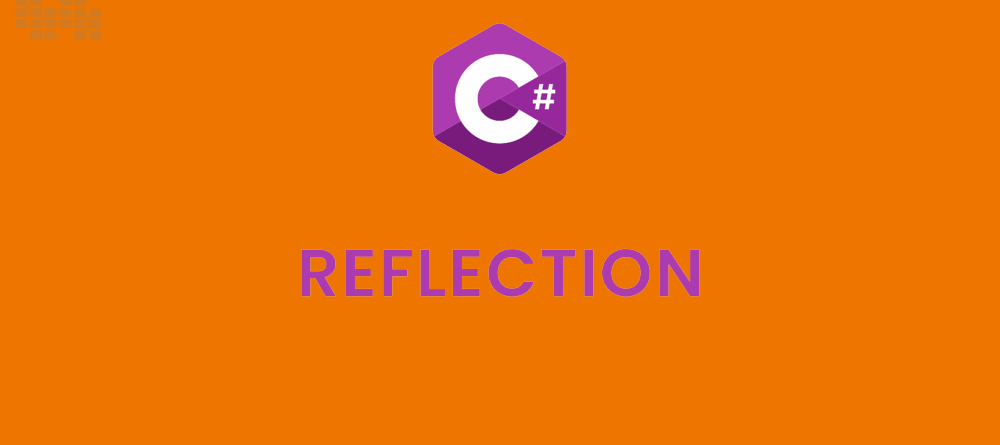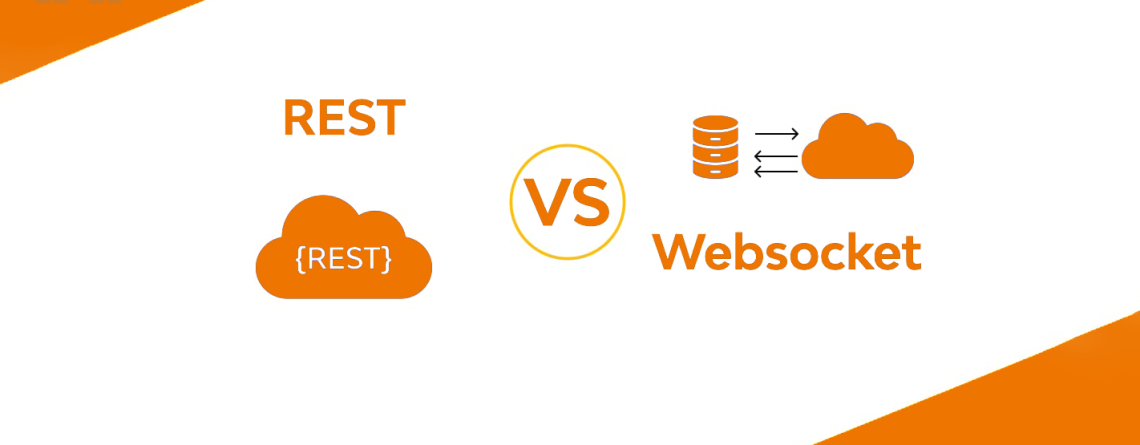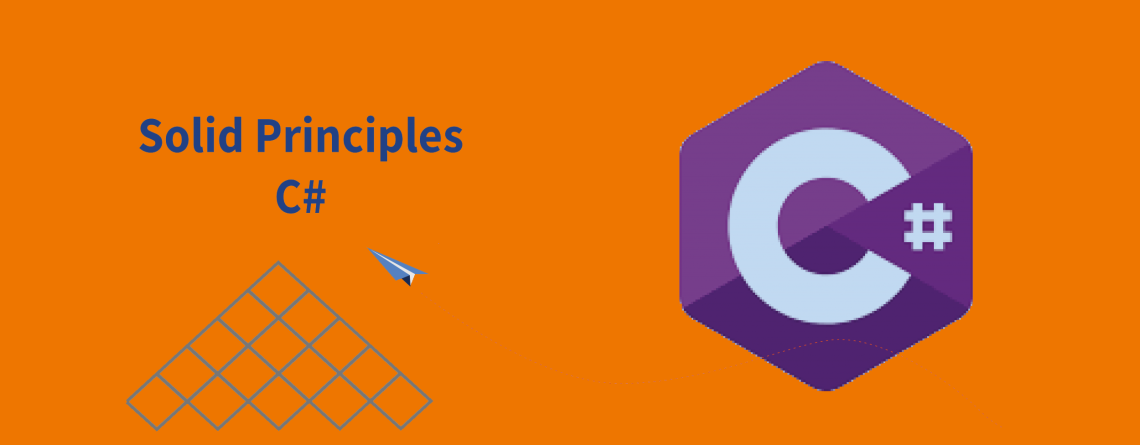ASP.NET Core vs. ASP.NET Framework: Which is Better for Your Project?
Making a pivotal choice that could profoundly affect the triumph of your web development venture entails selecting the appropriate technological foundation. Within the domain of constructing web applications utilizing C#, two widely-recognized choices emerge: ASP.NET Core and ASP.NET Framework. Each option boasts its own distinctive advantages and drawbacks. In our upcoming article, we aim...


